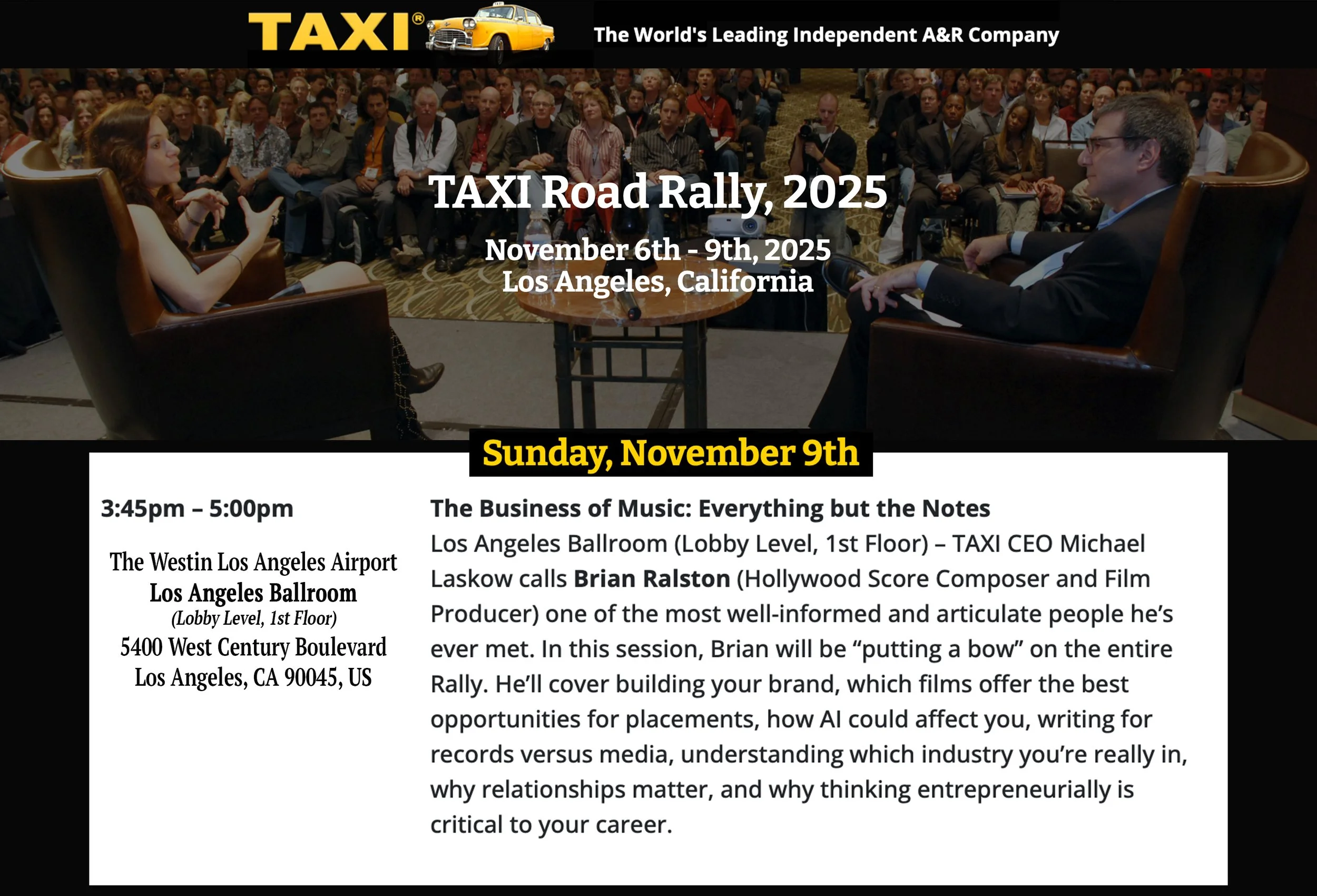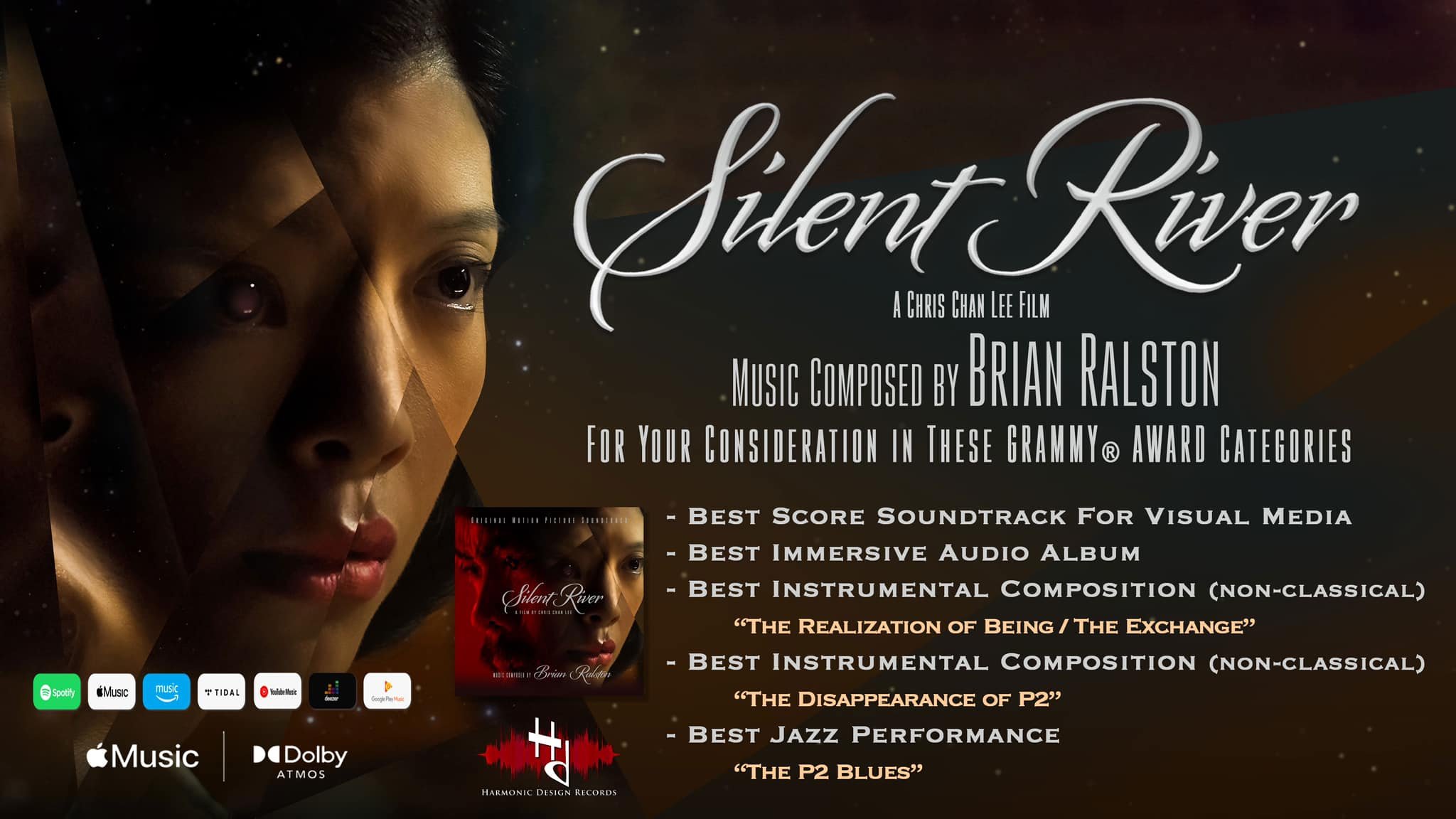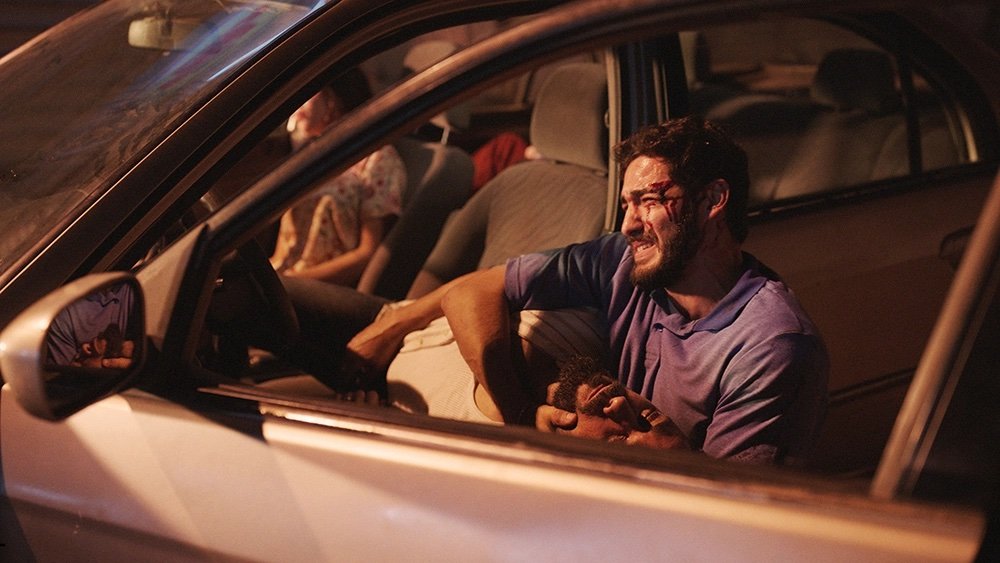Things a composer’s music demo does NOT tell a potential director/showrunner/producer about the composer.
1. How professional they are to work with.
2. Whether the composer is kind and nice to work with.
3. The composer’s temperament. How do they handle stress?
4. Whether the composer is not only nice and professional when interfacing with other departments but whether the composer is fair and professional to their own teams and staff.
5. The composer’s ability to take constructive criticism of their music.
6. The composer’s ability to revise a cue based on feedback and notes.
7. The composer’s ability to decipher what it is your music notes mean when you don’t know how to speak the language of music.
8. The composer’s ability to understand the language of filmmaking.
9. The composer’s ability to effectively collaborate with other creatives, many of whom are dominate personalities.
10. The composer’s ability to delegate tasks in what is essentially a post production facility.
11. The composer’s ability to be discrete and work on an NDA.
12. The composer’s ability to manage and solve problems on budget.
13. The composer’s ability to manage and solve problems on time.
14. How “fun” the composer is to “hang” with in the room while working together.
15. Trust that the composer has the diverse skillset to tackle anything the project needs, even if that is different than what you thought you needed at the outset of hiring the composer or different than what the composer may be commercially known for.
16. Trust that the composer can actually compose TO the picture edit, and roll with picture changes. Scoring to picture is a lot different skillset than writing songs for music’s sake or for an album.
17. Confidence the composer knows how to handle the technical aspects of delivering a score in stems via a ProTools session, or whatever method the sound mixers will want and require.
18. Confidence the composer can “get to” and assemble amazing musicians and artists to perform on the score, and thus increasing the production value of the score.
19. Confidence the composer understands the language of filmmaking, storytelling structures and character arcs.
20. Confidence the composer will put the film’s best interests ahead of their own best interests in their decision making when producing the score.
21. Trust the composer (you are probably paying a lot of money for) is actually the one creating the score and that they aren’t taking credit for other’s silent work.
22. Trust the composer is not over-extended on their commitments and projects.
23. Confidence the composer is a “partner to the end” and won’t quietly disappear when a new project comes along for them.
24. Trust the composer does not have any personal “skeleton’s in the closet” or “moral indiscretions” in their personal lives that is going to put their association with the film in any jeopardy in the future when it is released and too late to change their music contribution.
Hiring a composer is scary, stressful, confusing, emotional, political, calculated, not what anyone wants to deal with when going into the very stressful time of Post-Production. Let’s face it, it is flat out hard. And hiring the RIGHT composer for your project is even harder. And none of these issues, all of which are perhaps even more important in the long run of film production than the actual music in a collaborative environment can’t be learned or gleamed from a composer’s curated music demo or reel or website. I would argue that if a filmmaker and composer can get along, respect each other, truly listen to each other and truly collaborate to solve problems, they will successfully find the right score to their film even if it was not originally heard on someone’s “shot in the dark” demo pitch.














